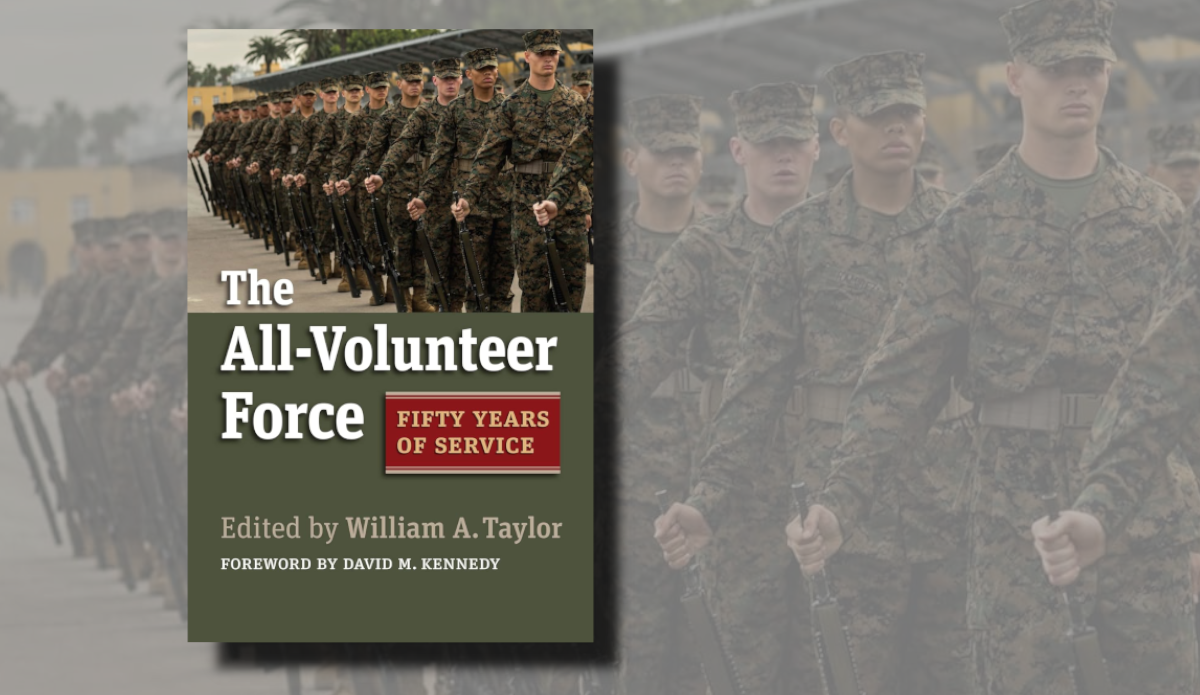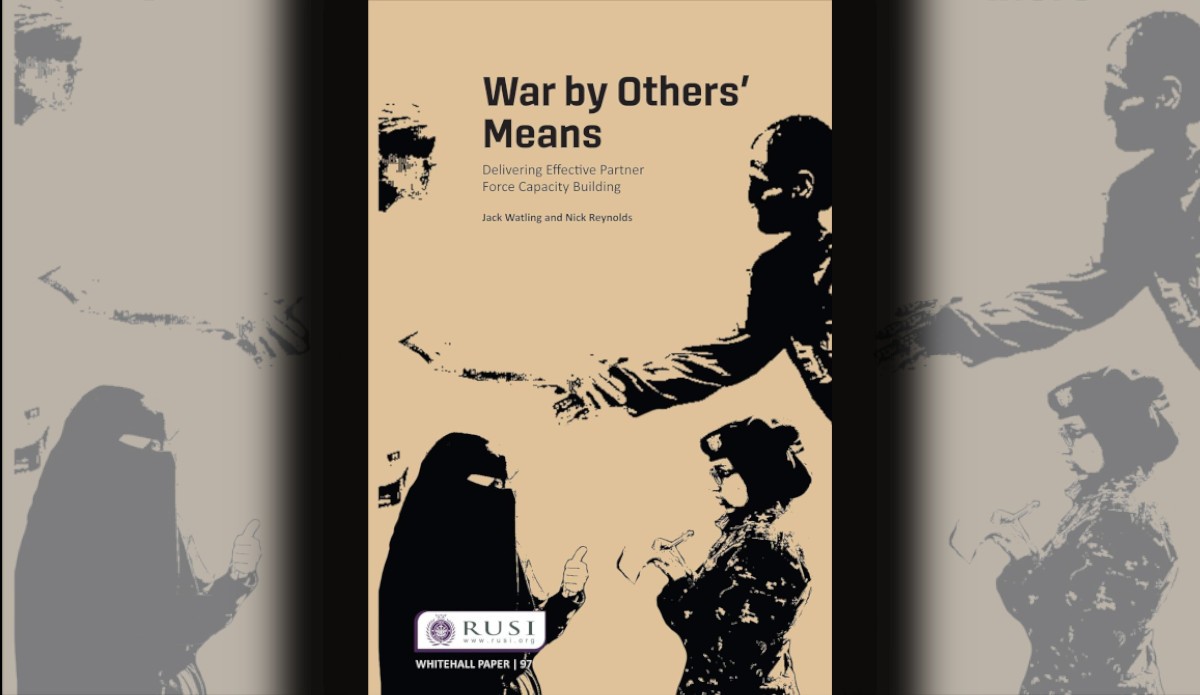Standing in the Picture: incorporating reflexivity in your research
Studies of culture in the social sciences increasingly acknowledge the reflexive approach as a useful tool for research. The reflexive approach (sometimes called auto-ethnography) calls on the author to be both ‘subject and object of the inquiry’, meaning it includes the researcher’s lived experience in the analytic process. Reflexive practices have developed as legitimate methods of qualitative inquiry in some academic fields, but military studies, which stems from the more traditional disciplines of security studies and political science, tends to place the researcher outside the methodological framework. Accelerated Warfare responds to future uncertainty by thinking deeply about our collective future. This raises a key question as to who is doing the thinking. Should it be military members or external academics, or both? And are we, as serving members, too close to the action to be impartial?
For researchers to be the subject of their inquiry, they must stand somewhere in the picture. This positioning of the researcher involves two concepts borrowed from the social sciences: ‘insider research’ and ‘group membership’. Insider research may include voices from within the ranks, but those voices will not always be self-reflexive. They may, however, be able to interpret the cultural significance of the data. This is known as an emic perspective which is concerned with what something means, as opposed to how it looks or sounds.
Group membership positions us in relation to the organisation. As members of a flexible military organisation, we are able to observe it from different perspectives—full-time, part-time, deployed and so on. These different degrees of membership offer us ways of engaging with both the ADF and society, and provoke questions of whether we see ourselves as ‘military’ or ‘civilian’ or both. We can offer interpretations based on individual experiences that are not easily accessible to civilian researchers. These perspectives can influence our research by offering an interpretation that is culturally specific and based on an understanding of the way the military system functions and behaves.
Although civilian researchers sometimes gain access to military culture by participating in unit activities, what is missing from military research are reflexive, emic accounts by serving members. I think there are five advantages of military membership that have not yet been fully exploited in military auto-ethnography. Each of these advantages contributes new knowledge to civil-military relations and together they form a rationale for ADF members to adopt more reflexive practice into their research.
First, serving members can challenge and clarify the assumed knowledge the public has about us and our organisation. Two former ADF members articulate this consideration well in their recent study on Australian veterans. They describe various professional and social categories within the ADF that are important to the military, but possibly unfamiliar to the civilian researcher. These identities are likely to affect the answers which military research subjects give, and the ways in which responses are compared and analysed. In short, understanding these identities can clarify or distort the data.
Second, serving members can determine research questions by identifying knowledge gaps that are important to us, and that have an immediate impact on our profession. Internally driven research not only provides insight into nuanced problems faced by the military organisation but opens the research question to the broader academic field and invites a collegiate response. By identifying anomalies and contradictions, serving members share elements of military culture with the non-military public, in particular, the obstacles which need to be overcome in order to maintain a national armed force.
Third, military members can participate and even take the lead in the examination of military power at a conceptual level. This includes questioning principles of civil control, recruit selection, roles and tasks, physical presence and secrecy, in an open and informed debate. Military power represented by the militarisation debate largely remains the domain of anti-militarist, critical theorists and strategic commentators. Consequently, the discourse on military power suffers from a lack of actual engagement with military people who arguably are well positioned to comment.
Fourth, by locating ourselves in the methodological framework, serving members can reveal our own individual preferences and interests which allow cultural comparison between military and non-military identities, and which ultimately influence decision-making in the military organisation. In other words, non-military researchers can see how military members think. By including ourselves in their research, military members become part of an evolutionary process, observing and assessing the organisation from our own perspective. In this way we not only represent the changing organisation, but the changing frameworks and methodologies through which to study it.
Finally, military knowledge is in part learned through ‘bodily practice’. Connerton says that bodily practice is the habitual cluster of gestures and postures that is manifest in ‘…the reinforcing effect of repeated acts’. Drill, physical exercises, and discipline are all part of the ‘institutional apprenticeship’ that military recruits undertake and later embody as their experiential understanding of military life. Experiential understanding can make a unique contribution to military studies and complement an observer understanding. As people who embody military life daily, we understand the significance of bodily practice in military culture and can represent that significance as part of a generative discourse.
These five advantages give us as serving members of an armed force an advantage in military understanding, and a legitimate reason to incorporate reflexive practice into our writing and research. However, it is not an either/or solution. Military research that is conducted only by serving members or only by civilian academics will fail to identify both problem and solution within the field of armed forces and society. A collaborative approach is more likely to yield more comprehensive results in a cross-cultural environment. So, how can we be more collaborative? Easy! Let them in, let us out and let us inside. Now, let me explain…
Let them in. Cultivating relationships with people in academic, business and industry communities would allow them access to military members and facilities. ADF research centres could benefit from permanent regional liaison officers to maintain ties with universities, institutes, academic entities and associations; particularly in garrison towns, locations of major defence facilities, training areas and headquarter locations (away from Canberra) where there is opportunity for long term research.
Let us out. Research that is usually conducted internally to the ADF should be made public at every opportunity. This provokes feedback and debate from a community interested in military culture. Commanders and informal networks can encourage members to conduct research that challenges traditional assumptions and practices and draws on military knowledge. This deviates from many of our traditional practices of constructing knowledge, which include engaging external private consultants, holding short term ‘innovation expositions’, and commissioning reports.
Let us inside. We can acknowledge individual perspectives by publishing non-academic and mixed-media expressions of contemporary military experiences. This can include works of fiction and alternative literary forms, visual and graphic forms, audio and video works, and photography. Individual creative expression promotes the validity of drawing on oneself as a source of knowledge and having insight about our own biases, assumptions, prejudices, knowledge and interests. Creative expression should not be the sole domain of veterans seeking rehabilitation, but a legitimate, emic form of communication from ‘inside’ a closed culture to those who stand outside.
There is no need to be artificially objective. As researchers, we can make full use of our experiences as complex social creatures within a changing environment. As serving members, we can make unique and reflexive contributions to both the complexity that is the military professional and the body of knowledge on armed forces and society.
Observe, participate, write!
The views expressed in this article and subsequent comments are those of the author(s) and do not necessarily reflect the official policy or position of the Australian Army, the Department of Defence or the Australian Government.
Using the Contribute page you can either submit an article in response to this or register/login to make comments.




